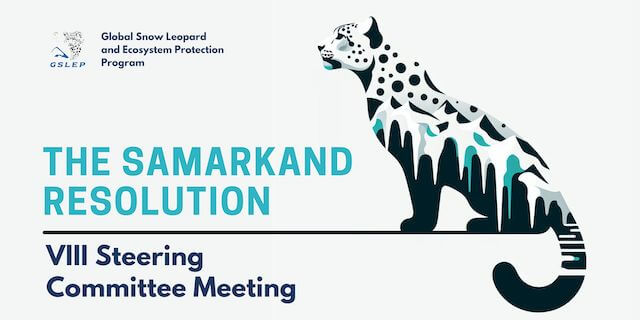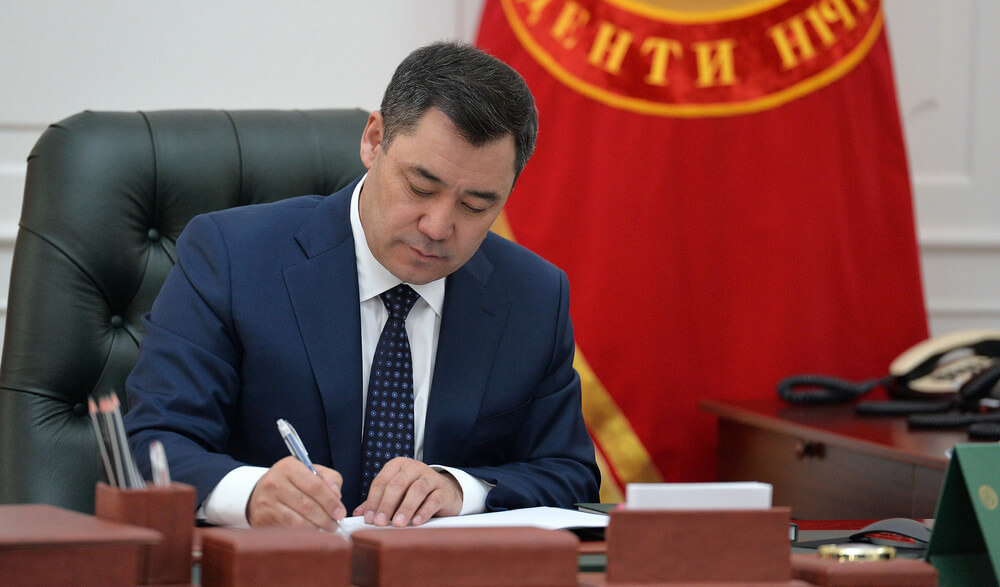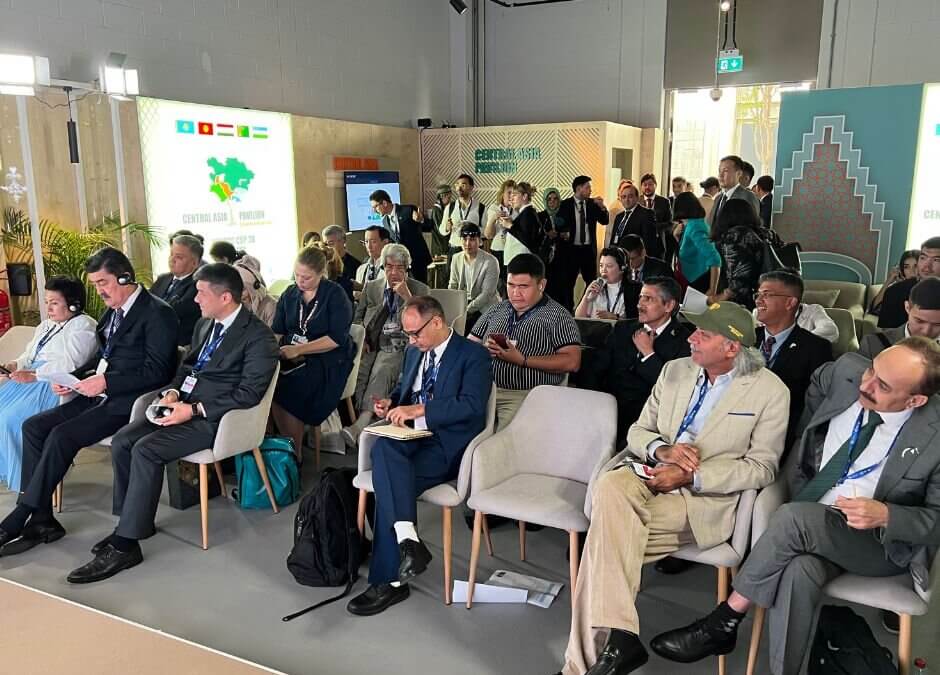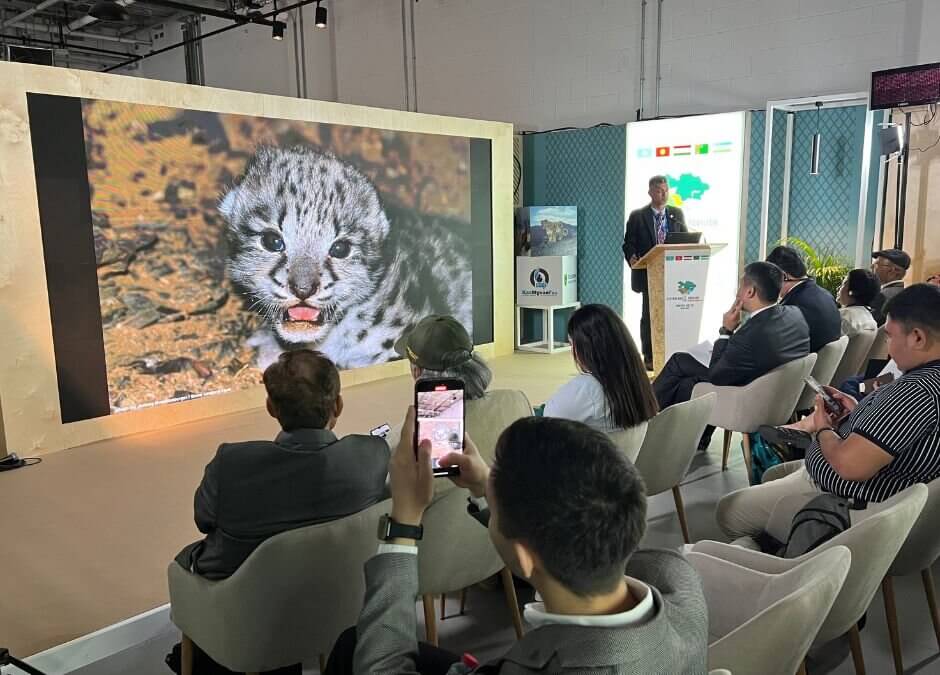
by Secretariat GSLEP | May 24, 2024 | Blog, Post Format, publications, Snow leopard blog, Snow-leopard-blog
In February 2024, Samarkand, Uzbekistan hosted the crucial VIII Steering Committee Meeting of the Global Snow Leopard and Snow Leopard Ecosystem Program (GSLEP). This two-day event brought together representatives from all 12 snow leopard range countries: Bhutan,...
by Secretariat GSLEP | May 7, 2024 | Blog, pastevents, publications, Snow leopard blog, Snow-leopard-blog, Uncategorized
The National Consultation Meeting of the United Nations Environment Programme (UNEP) Vanishing Treasures Programme was held in Bishkek. The event marked the presentation of the final report on the successful completion of the international Vanishing Treasures...

by Secretariat GSLEP | Dec 31, 2023 | publications
We have exciting news for all snow leopard enthusiasts and conservationists. The President of the Kyrgyz Republic, Honorable Mr. Sadyr Zhaparov, has officially declared the snow leopard as the national symbol of the Kyrgyz Republic. This monumental decision...
by Secretariat GSLEP | Dec 19, 2023 | Post Format, publications, Snow leopard blog, Snow-leopard-blog
At the 28th Conference of the Parties to the United Nations Framework Convention on Climate Change (UNFCCC COP28), leaders of snow leopard range countries and international partners issued a joint statement outlining key priorities in climate change resilience and...

by Secretariat GSLEP | Dec 17, 2023 | Blog, Past events, publications, Snow leopard blog
AT the 28th Conference of the Parties to the United Nations Framework Convention on Climate Change (COP28), political and conservation leaders called upon international finance organizations to commit investments for safeguarding Asia’s mountain ecosystems, glaciers,...

by Secretariat GSLEP | Dec 2, 2023 | Blog, pastevents, Post Format, publications, Snow leopard blog, Snow-leopard-blog
AT the 28th Conference of the Parties to the United Nations Framework Convention on Climate Change (COP28), political and conservation leaders called upon international finance organizations to commit investments for safeguarding Asia’s mountain ecosystems, glaciers,...







